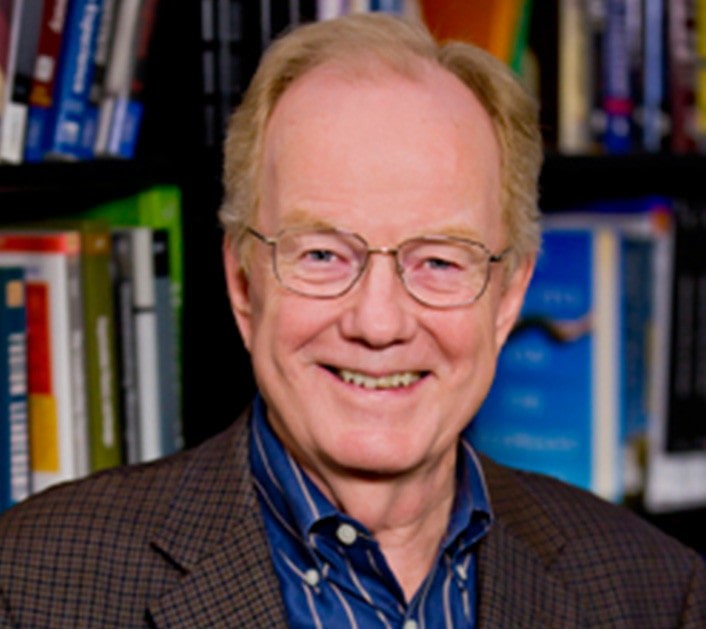Richard L. Daft
Research Interests/Areas of Expertise
Leadership, transformational communication and change management.
Subject Areas
Communications, Management

Leadership, transformational communication and change management.
Communications, Management
A noted expert in organization behavior and organization design, Richard Daft is among the most highly cited academics in the fields of economics and business.
Richard has been involved in management development and consulting for companies and organizations such as the American Banking Association, Bell Canada, Bristol-Myers Squibb, Ford Motor Company, Pratt & Whitney, USAA, First American National Bank, the Tennessee Valley Authority, the National Science Foundation, State Farm Insurance, the United States Air Force, the United States Army, and Vanderbilt Medical Center.
Richard has served on multiple editorial boards, including The Academy of Management Journal and Administrative Science Quarterly. He has served on the Board of Governors for the Academy of Management and the Board of Directors of the Organizational Behavior Teaching Society.
Richard has published 12 books, including Management, Organization Theory and Design, and The Leadership Experience, currently in their 11th, 11th, and 6th editions, respectively. His research has been published in journals such as Organization Science, Academy of Management Journal, Strategic Management Journal, and Management Science.
Richard teaches several courses in the MBA, Executive MBA, and Executive Education programs, including Change Management, Leadership, Organization Theory and Design, and Business Policy.
Richard’s interests revolve around leadership mental models, change management and the design of performance-driven systems for large organizations.
PhD, University of Chicago, 1974
MBA, University of Chicago, 1971
BS, University of Nebraska, 1967
New Management Competencies; The Owen Manager, Winter, 2003, 20-21.
Organizational Behavior (Dryden Press, 2001) (with Ray Noe)
Essentials of Organization Theory (South-Western, 2001)
Across the Great Divide: Knowledge Creation and Transfer Between Practioners and Academics, Academy of Management Journal, 2001, in press (with Sara Rynes and Jean Bartunek).
Talking about Organization Science: Debates, Discourse, Dialogues, and Directions (Sage, 2000) (with Peter Frost and Arie Lewin)
Fusion Leadership: Unlocking the Subtle Forces that Change People and Organizations (Barrett Koehler, 1998) (with Robert H. Lengel)
How to Manage Chaos, 1997 Handbook of Business Strategy (Faulkner & Gray) (with Robert Lengel).
Competing Values in Organizations: Contextual Influences and Structural Consequences, Organization Science, 1996 7(5), 557-576 (with Victoria Buenger, Edward Conlon, Jeffrey Austin).
No More Tears, Journal of Management Education," 19 (February) 1996, 31- 34.
Organization Theory: Cases and Applications, 4th ed. (St. Paul: West, 1995) (with Richard Sharfman)
Designing Organizations and Transforming Organizational Cultures for Creating World Class Organizations, Conference on Leading and Managing Human Resources from a Strategic Perspective: Focus on the Service Sector in India, Sri Sathya Sai Institute of Higher Learning, Puttaparthi, India, 2003.
Using the Fusion Approach to Integrate Diverse Corporate Cultures into One, Conference on International Corporate Restructuring, Seoul, Korea, June 1998.
Electronic Technologies in Teaching Organization Theory, panel presentation, Academy of Management Meetings, August 1998.
Organizational Innovation: Is our Understanding Progressing? Is it contributing to Practice? Discussant, Academy of Management Meetings, August 1998.